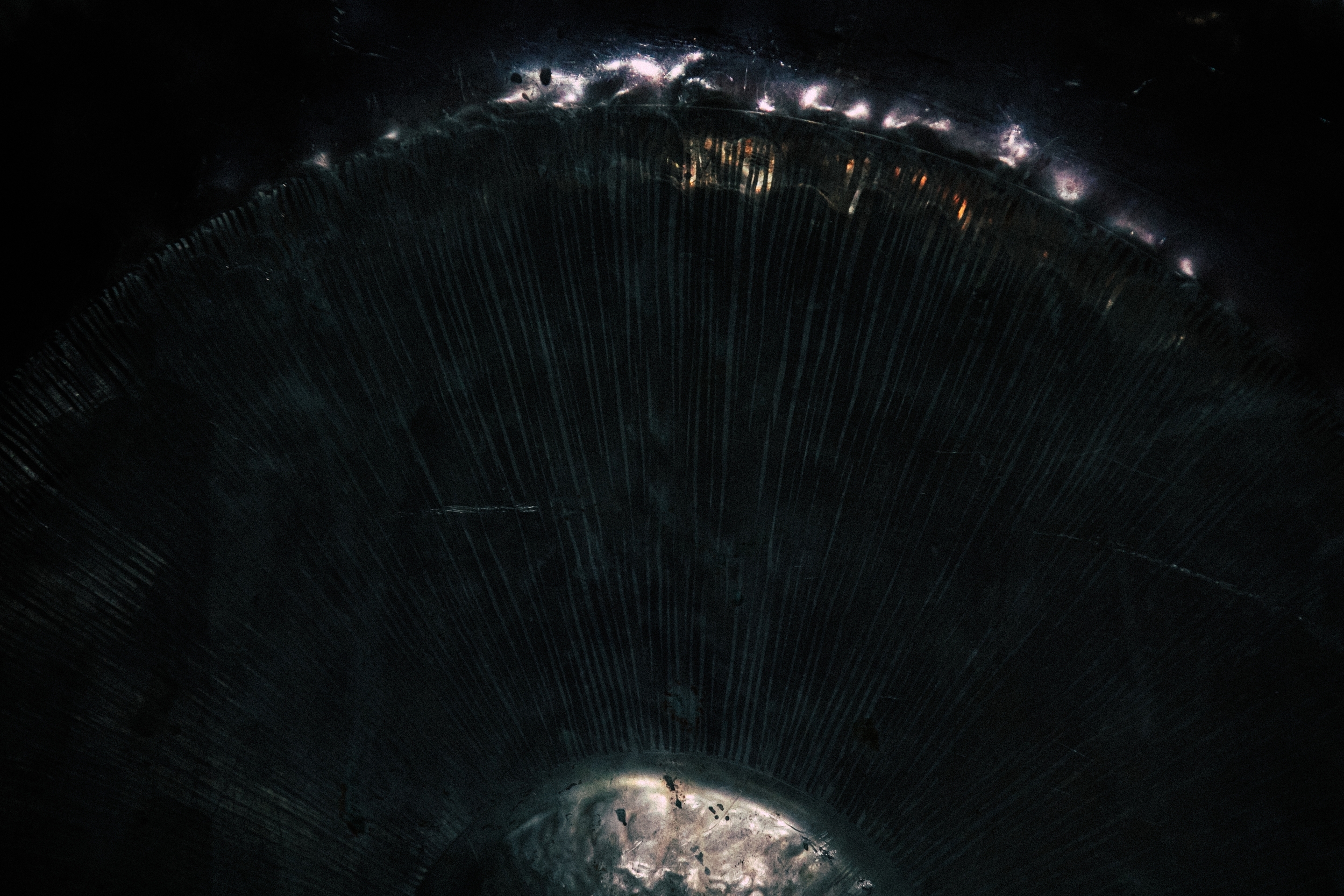Programme
Morning, Noon, Night. Joseph Haydn, Pratum Integrum Orchestra
- Date:
15 Feb 2024
- Age restrictions
- 12+
The symphonic trilogy of the young Joseph Haydn performed by the Pratum Integrum orchestra.
For a long time, cultural mythology allotted strictly defined roles in music history to the three great Viennese classical composers. Mozart was regarded as the link between the art of the eighteenth and nineteenth centuries, and Beethoven as a revolutionary who opened the door to the new age. But “good father Haydn,” as Mozart called him, was part of the distant past in this hierarchy, a composer left behind forever in the cosy eighteenth century. The true discovery of Haydn’s music did not take place until the second half of the twentieth century, when he was reevaluated as a composer who looked to the future and discovered the artistic reality in which his descendants would live. As the composer Sergej Newski wrote, “Haydn created the entire apparatus of instrumental genres that we use to this day.” A daring and bold experimenter, inventor of the collage technique, an eccentric who easily combined the incompatible, playing with the public’s expectations and masterfully deceiving them, Haydn remains relevant to this day.

Photo: Anya Todich
Why is Haydn dear to me, apart from everything else, apart from the charm of the music as such? Because he is completely unpredictable. Of course, he works in a certain well-established idiom: but every time, every second something happens that you are unable to imagine. Of course, if you are a professional musician, perhaps you already know it all by heart, and nothing will surprise you. But if you are just an ordinary listener, you find yourself in a constant state of amazement.
— Joseph Brodsky
The programme of the Pratum Integrum orchestra presents the music of the young Haydn, written in the years when the nascent aesthetics of early classicism still displayed features of the late baroque, and the canons of the symphony genre had only started to take shape, imposing no restrictions on the freedom to explore outside the boundaries of tradition.
Of Haydn’s over hundred symphonies, only three were given programmatic titles by the composer. The trilogy The Times of Day (Tageszeiten), comprising symphonies №№ 6, 7, and 8, are a clear example of how Haydn’s work was influenced by the baroque tradition of descriptive music, familiar to us from the The Seasons by Antonio Vivaldi and the Tageszeiten, a cantata cycle by Georg Philipp Telemann. Haydn began work on The Times of Day in the spring of 1761, shortly after entering the service of Prince Esterhazy—it is believed that Haydn developed the virtuoso style of the trilogy from his impressions of the skill displayed by court musicians.
Despite the generalised nature of the programme, the theatrical imagery of the trilogy is open to interpretation: the beginning of Morning evokes the dawn, Noon was often perceived as festive music for banquets, and Night offers a glimpse of bad weather—the finale of the cycle is also known as La Tempesta (The Storm). The Baroque influence is also noticeable in the role of solo instruments in the symphony—their extensive parts are not separated from the rest of the orchestra or opposed to it, as in the concert symphonies of mature Classicism, but participate in the overall ensemble, as in Johann Sebastian Bach’s Brandenburg Concertos.
Programme
Joseph Haydn (1732–1809)
Symphony № 6 in D Major (“Morning”) Hob. I:6
I. Adagio — Allegro
II. Adagio — Andante — Adagio
III. Minuetto e Trio
IV. Finale: Allegro
Symphony № 7 in C Major (“Noon”) Hob. I:7
I. Adagio — Allegro
II. Recitativo: Adagio — Allegro — Adagio
III. Minuetto e Trio
IV. Finale: Allegro
Symphony № 8 in G Major (“Night”) Hob. I:8
I. Allegro molto
II. Andante
III. Minuetto e Trio
IV. La tempesta: Presto
Performed by
Pratum Integrum orchestra
Sergei Filchenko artistic director
Pratum Integrum is an early music orchestra that performs on period instruments. Its Latin name means “unploughed meadow”: this is a metaphor for the repertoire of the seventeenth—nineteenth centuries, which contains many works of rare beauty that remain unknown to this day. The orchestra has performed Russian premieres of over two hundred works in the most diverse genres, from sonatas and concertos to operas and cantatas. Pratum Integrum performed Yevstigney Fomin’s 1792 melodrama Orpheus featuring horn orchestra, and gave the first Moscow performances of St. Johannes Passion by Georg Gebel (2009) and St Mark Passion in the version by Jörn Boysen (2018), the Harpsichord Concerto in C Major by Antonio Salieri (2019) and Venus and Adonis by John Blow (2019). The orchestra has performed under the direction of famous masters of historically informed performance—Trevor Pinnock and Peter Neumann, Stefano Montanari and Reinhard Goebel, Robert Hollingworth and Václav Luks. Pratum Integrum appears regularly at the “December Evenings” at the Pushkin Museum. The ensemble has taken part in major international festivals such as the Tage Alter Music in Regensburg and Music Antique in Bruges, and performed in Amsterdam, Gdansk, Magdeburg, St. Petersburg, and Utrecht. Pratum Integrum also won the German music critics’ prestigious award “Preis der deutschen Schallplattenkritik” in 2011.